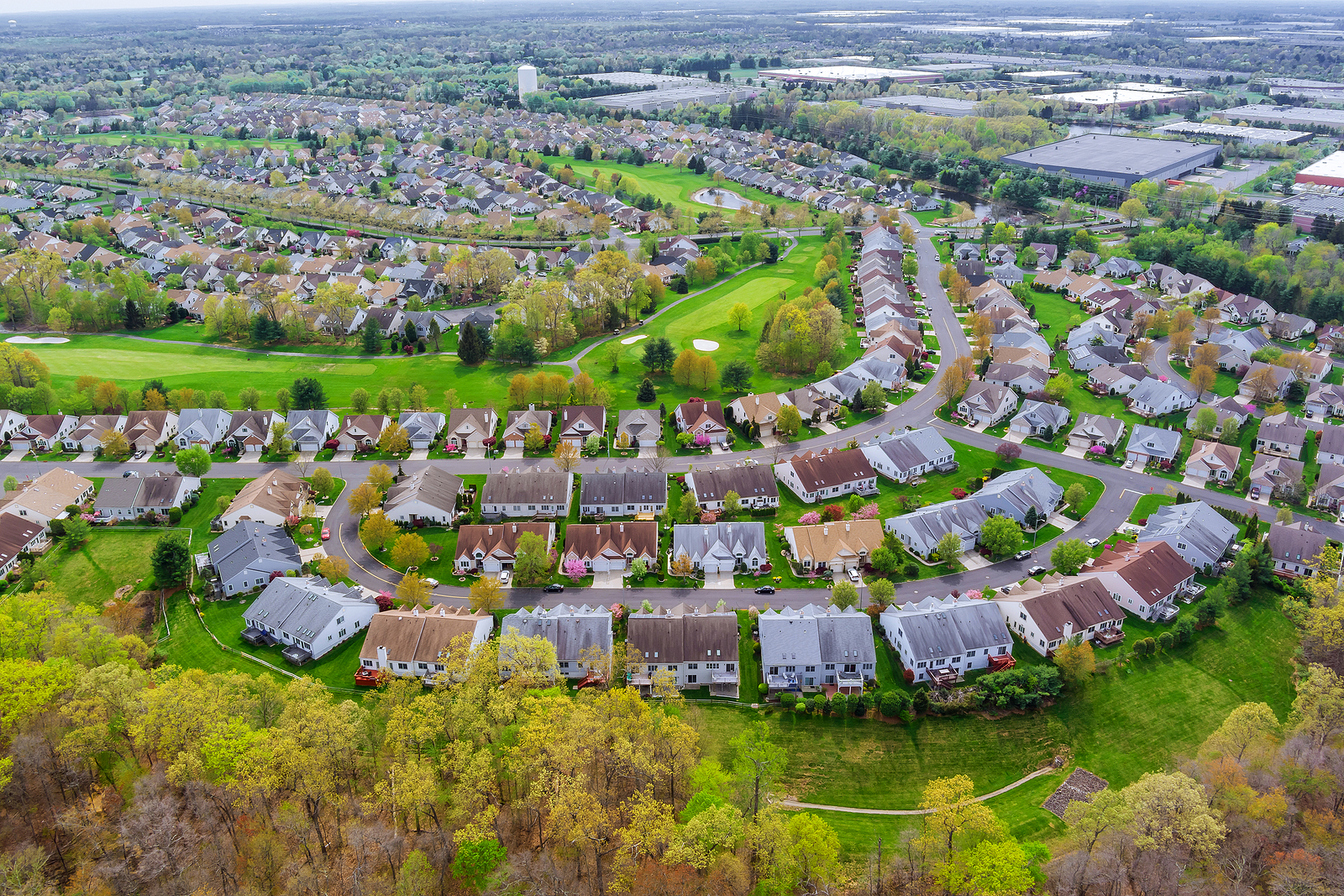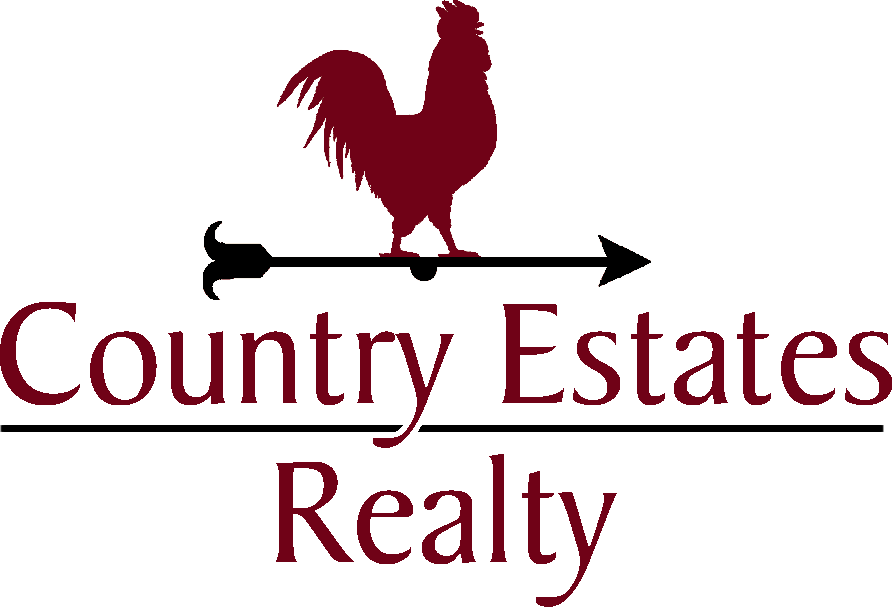Something interesting happens to folks when they make the decision to buy a home. That decision is like rocket fuel, propelling them into the car and on the road to their local Sunday open houses.
While this may be fun, it’s not an efficient or intelligent way to shop for a new home.
If you had a real estate agent at this point in the house hunt he or she would counsel you to get pre-approved for a mortgage. Only then will you know how much you can spend on a house. But wait – don’t step onto the launch pad just yet.
Have you ever watched that TV show about first time homebuyers? The real estate agent asks the buyers to show her the neighborhood they want most to live in. When they get there, she then asks them how much they think houses in the neighborhood sell for.
Typically, the buyers are way off in their estimation of value and the homes are worth far more than they think.
To avoid such a rude awakening in the search for your new home, choose a neighborhood that fits your budget as well as your criteria. Here are some tips to help you narrow your search:
Where to begin
Compiling lists is a good way to get focused, and during this part of the process you’ll make two lists.
The first list should include everything you don’t like about your current neighborhood. Is it noisy? Are you located too close to a commercial area? Get clear on what drives you nuts about where you live now.
Next, compile a list of features you would find in your ideal neighborhood, if cost weren’t an issue. Let your imagination run free – you’ll be editing the list later in the process. Here are a few items you may want to consider:
- If you have children, or they’re in your future, you may want to research schools in the area and look at homes in your chosen school districts.
- If you commute to work, perhaps you’d like to be closer to public transportation or the freeway.
- Do you want a view?
Now, go over both lists and narrow down your criteria, depending on your housing budget. If you want a tennis court, but your budget makes you an entry-level buyer, knock that item off the list but add that you’d like your new home to be close to a community tennis court.
The final list is an excellent tool for your real estate agent. With the list in hand, your real estate agent can counsel you as to which neighborhoods you should confine your search.
When you find several neighborhoods that fulfill most of your criteria, it’s time to do some detective work.
A few things to consider when weighing your neighborhood choices
- Property values: Is this an up-and-coming neighborhood where values are expected to rise? These types of communities are typically located on the edges of popular neighborhoods. Those who can’t afford the more popular area naturally try to be as close to it as possible, raising values in the surrounding neighborhoods.
- Crime statistics: Federal fair housing laws prohibit your real estate agent from disclosing many neighborhood factors, and crime is one of them. While the Internet is a great place to find crime statistics (via the FBI database), you’ll get the most accurate statistics from the local police or sheriff.
- Traffic: How easy is it to access the neighborhood from major thoroughfares? If you commute, this may be an important consideration.
- Plans: Contact the city planner to get the scoop on any future plans for the area. Certain features, such as a landfill, have a negative impact on nearby property values.
Keep Sleuthing
Now you can ignite the rocket fuel and head Mach speed into your house-hunt.
Drive around the neighborhood at different times of the day and night and on both weekends and weekdays. This will give you an idea of neighborhood activity patterns – how neighbors use the area.
If you have children you’ll want to see if children are actively engaged with one another after school and on weekends.
Maybe you’re trying to avoid a noisy neighborhood. This detective work will let you know quickly whether the area suits your needs.
Talking to neighbors is another way to get a feel for an area and its residents.
While a degree in rocket science isn’t a prerequisite to finding your perfect house in the ideal neighborhood, the process is easier if you approach it efficiently and intelligently.
Do your homework and before you know it, you’ll ignite the solid rocket booster and liftoff into homeownership.






